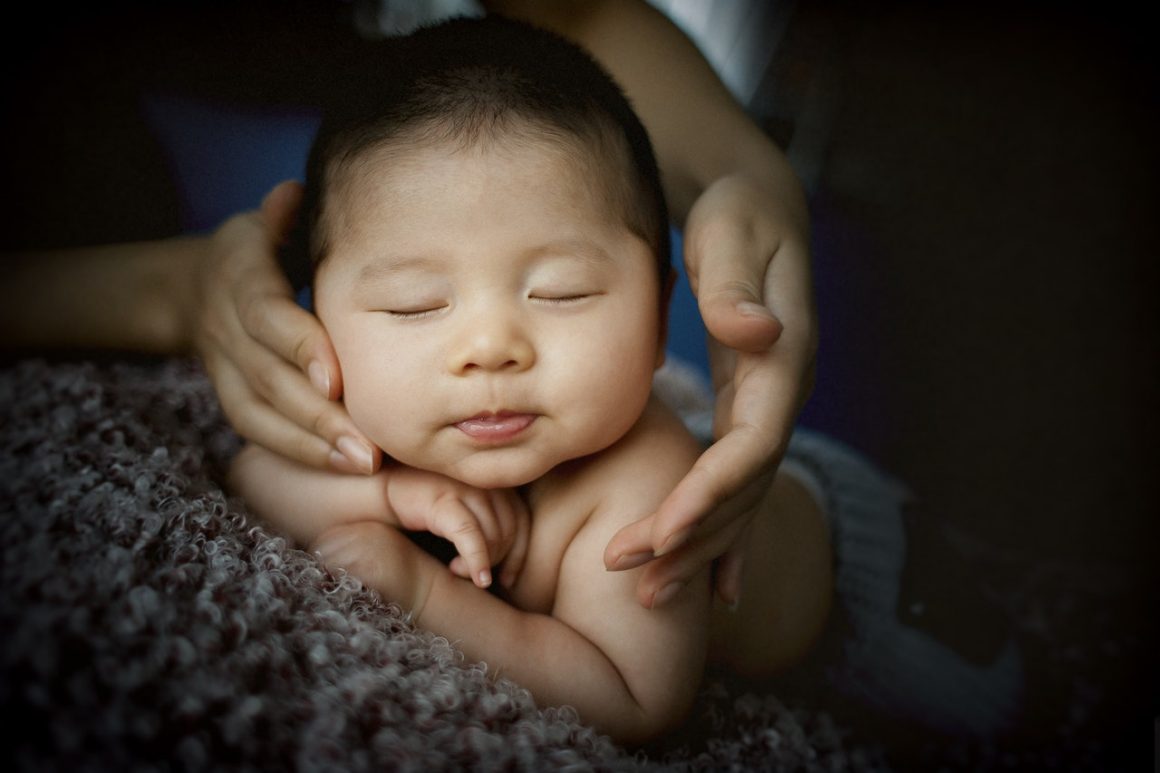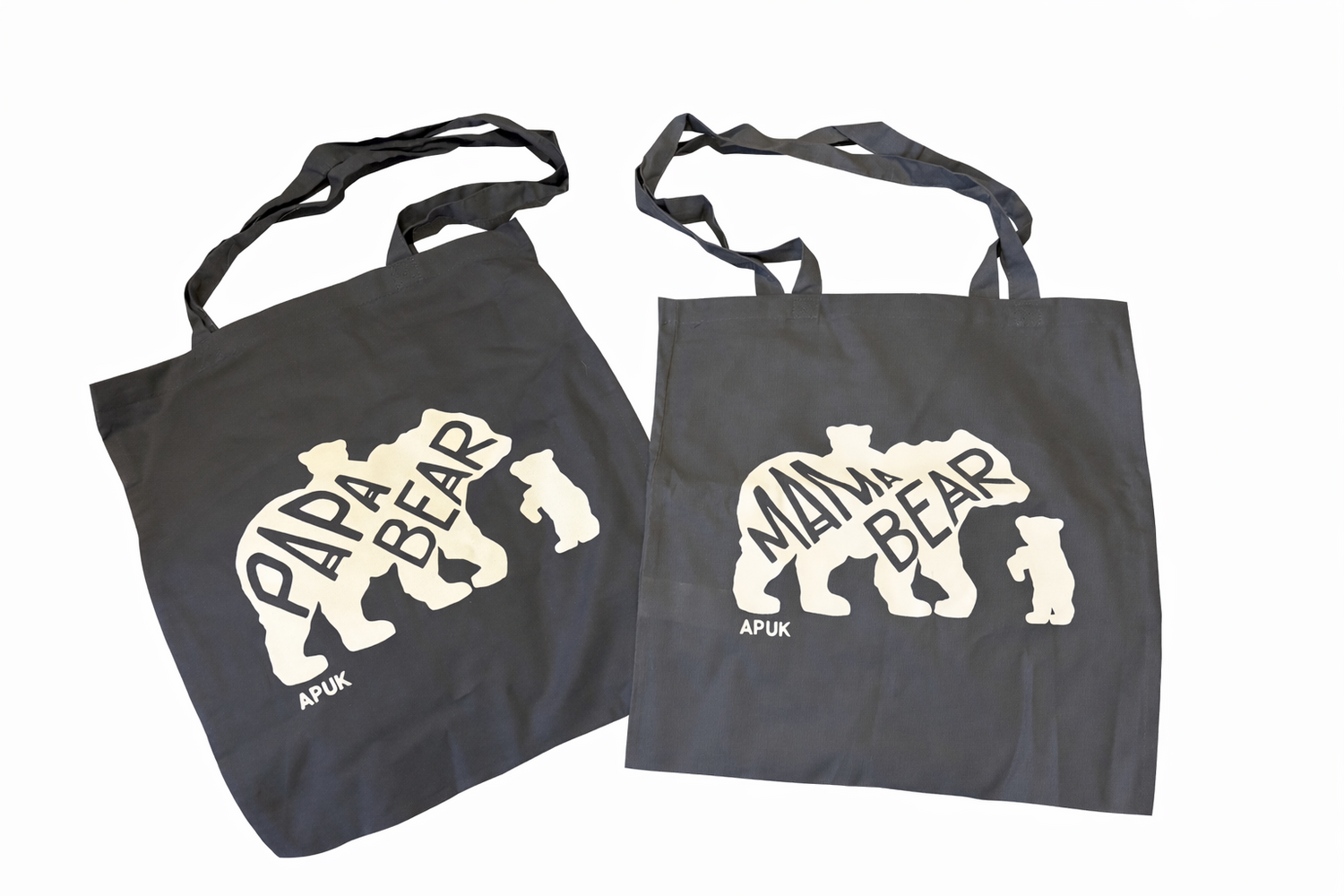
The unique
International Association of Infant Massage (IAIM) celebrates it's 20th anniversary in on July 5th 2017 and with 33 international chapters continues to bring nurturing touch education and training to parents and professionals worldwide.
Originally founded in 1986 by
Vimala McClure, the IAIM flowered from her experience of working in an orphanage in northern India in the 1970s. Vimala brought the traditional practice of infant massage to the West and has since written many books including Infant Massage - a Handbook for Loving Parents. Vimala inspired and touched others with her belief that
Every baby in the world should receive nurturing touch as its fundamental birth-right.
Having seen the benefits of baby massage for herself, the now-retired IAIM Trainer Suzanne Adamson, a vivacious 81 yr-old, became one of the founding members of IAIM UK and the UK's first Trainer. Her lifelong passion for infant massage has supported attachments and families for decades and she shares some of her experiences with APUK as they prepare to mark their extraordinary milestone.

You have led such an interesting and international life Suzanne. Can you tell us a bit about your professional background, leading up to your discovery of IAIM International?
As a young woman I trained as a nurse in Cape Town, moving to Edinburgh in my twenties to study midwifery. Years later I trained as a health visitor in Glasgow, and I then went on to train in reflexology and yoga by way of London and France.
When I first came across IAIM in the mid 1990’s, I was working as a part time NHS health visitor, where I ran Infant Massage groups as part of my remit.
I also used to treat new mums, suffering with anxiety, depression and unsettled babies with reflexology, which calmed the mothers, increased their lactation and soothed their babies.
One day a week I also worked in a Day Centre for people with additional needs treating them with reflexology, which they found beneficial. I also had a private reflexology practice and taught Antenatal Yoga in the Homoeopathic Hospital and Yoga for Brent Council Pensioners.
My friend and NHS colleague, Trudy Barnham (now Lyons), happened to have a visitor from the USA staying with her at the time, who told her about the work of the IAIM in the States. We decided we should go and undertake a course there to find out what was different from that which we taught in the UK.
What did you discover was different?
It was like a Eureka moment! We learned, (as is still the IAIM philosophy and practise today), that
it is extremely important that the massage is “with” the baby and not “to” the baby.
That it should be about the relationship between parent and baby: the attachment. We learned that the relationship building and bonding is more important than the strokes.
What benefits to babies and parents have you seen first-hand as a result of the IAIM practise?
There are so many physical, social and emotional benefits, but the primary benefit of IAIM baby massage is the development of the relationship and bond between parent and baby, which is really quite magical, and teaches baby about how to form healthy attachments.
I was once told by a nursery school teacher in Scotland that she could pick out the infants in the playground, who had been massaged, by how positively they related to their peers.
IAIM baby massage also teaches baby about the development of healthy social boundaries: through the practise of parents asking permission to touch (and then looking for cues granting permission), and then thanking them on completion, the baby learns to understand that they are respected, and ownership of their body develops. A mother told me, when she came to the massage group with her second child, how she had heard her three year old son say to his grandmother (who was trying to take his clothes off to put him in the bath), “you can’t do that you have not asked my permission.” Hopefully in the future this respect will have a positive effect on the reduction of child abuse.
In my experience I have also noticed how massaged babies’ sleep patterns improve, floppy babies’ muscle tone firms up, tense muscles relax, and constipated babies regain regular bowl movement.
I noticed particularly the positive effect of massage for infants with additional needs, particularly building the bond between parent and baby, which can be difficult in many instances depending on the degree of the condition.
A mother with a baby with undiagnosed Downs Syndrome told me that it was through massage that she fell in love with her daughter. Prior to this the bond had not developed.
Research carried out in Queen Charlotte’s Hospital years ago proved the positive outcome for both mother and child when the mother experiencing post-natal depression massaged her baby. The stress levels were reduced in both. I certainly observed the changes taking place in similar situations in my groups.
Massaged babies stay healthy generally. The massage apparently boosts the immune systems and stimulates the neurological development of the brain, as research has identified. When they start walking, massaged babies are observed to have better balance than those who have not been massaged.
For the parents, the additional positive outcome of attending massage groups was the peer support and making new friends with shared interests. Those on maternity and paternity leave can feel isolated away from their work colleagues, but these friendships can last for years as their children grow up.
Babies and children need plenty of positive, undivided attention, in order for them to grow into healthy and happy adults. Seeing a happy smiling face, and receiving a nurturing touch, during quality one-to-one time is so important for baby’s social and emotional development.
The first year of life lasts forever and the world certainly needs well-balanced, respectful people.
When did you qualify as a Trainer and where have you trained others?
I qualified as an IAIM Trainer in 2000 and went on to train others all over the UK, including Northern Ireland. I also trained in Germany (for the British forces based there) and Belgium (US + GB Forces), Ghana, Kenya and South Africa. My trainings in the UK were primarily for the NHS and Social Services. Less frequently I was requested to present a training for instructors who would be running groups privately.
How did you come to work with the British forces?
I was invited to give a presentation about complementary therapies in the NHS at the Health Visitors Association 100th Anniversary in Harrogate in 1996. Although infant massage is not a therapy I did include a section on it in my presentation. A British Forces Health Visitor, Felicity French, was in attendance and she realised that infant massage was ideal to be introduced into the army families based in Germany. She then trained as an instructor herself and having qualified as a CIMI (Certified Infant Massage Instructor), she successfully sourced finance from an army charity, and invited me to present trainings with the British forces based in Germany. Between 2000 and 2006 I presented five trainings, training 76 participants in all - half/half health professionals and soldiers wives.
The massage groups were found to be invaluable to army families based there, separated from their relatives in the UK and with their husbands deployed for months away from them. CIMIs encouraged fathers to attend groups too, which some of them did and stated they felt more securely bonded with their babies.
Attachment parenting is so important with fathers deployed for seven months at a time. All credit to the army as they appreciated the importance of the bond between father and infant and in addition to massage, pheromones, (leaving t-shirts with their smell in baby’s cot), and recording bedtime stories so baby would recognise the voice of their deployed parent.
Why do you believe baby massage is such an important parenting practise?
To my mind the important thing about massage is the strengthening of the bond between parent and baby in attachment parenting. The sense of touch is the first sense to develop (around six to eight weeks it develops in utero) and the last sense to lose at death. One can express more love in five seconds of a loving touch than in five minutes vocally, particularly to an infant. In these technical days when you see mothers talking on their mobile phones while feeding their babies - spending a relaxed, focussed one to one time when the baby has the joy of loving touch and eye contact with their parent has a profound positive effect on their self confidence, personality and life time relationship with their family and society in general.
The effect of touch in infancy is something so simple, and yet so profound. A psychiatrist told me that he had observed, during his professional work, that those people who had not experienced loving touch in infancy did not develop a strong sense of self-worth and were more likely to have psychological problems later in life.
Your retired from the IAIM on your 80th birthday in May 2016. Do you miss it?
I do miss the teaching and meeting so many enthusiastic young people, but I was aware that it was time to step off the stage and let younger Trainers continue the important work - and I am enjoying not having to drive up and down the motorway and to review so many excellent assignments, which was time consuming! There are very special people within the IAIM. People who qualify as CIMIs and practice as instructors really do have a positive effect on society.
Written collaboratively with the IAIM


 The unique International Association of Infant Massage (IAIM) celebrates it's 20th anniversary in on July 5th 2017 and with 33 international chapters continues to bring nurturing touch education and training to parents and professionals worldwide.
Originally founded in 1986 by Vimala McClure, the IAIM flowered from her experience of working in an orphanage in northern India in the 1970s. Vimala brought the traditional practice of infant massage to the West and has since written many books including Infant Massage - a Handbook for Loving Parents. Vimala inspired and touched others with her belief that
The unique International Association of Infant Massage (IAIM) celebrates it's 20th anniversary in on July 5th 2017 and with 33 international chapters continues to bring nurturing touch education and training to parents and professionals worldwide.
Originally founded in 1986 by Vimala McClure, the IAIM flowered from her experience of working in an orphanage in northern India in the 1970s. Vimala brought the traditional practice of infant massage to the West and has since written many books including Infant Massage - a Handbook for Loving Parents. Vimala inspired and touched others with her belief that






